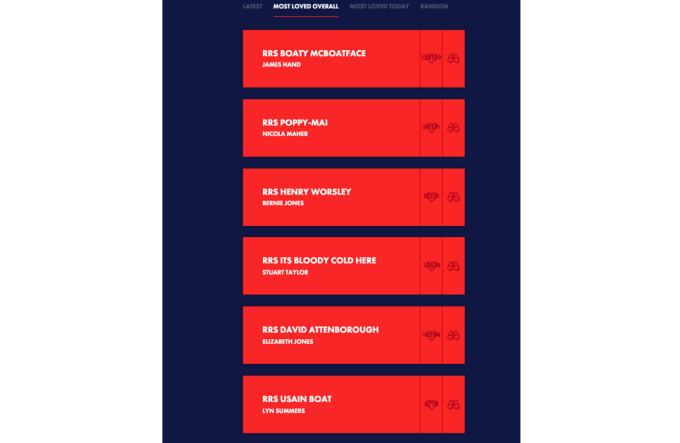I was planning to write a world-weary rant on the futility and lack of anything remotely funny in April Fools Day pranks.
My first stop was a short whinge about Volkwagen’s pathetic effort this year (2021).

I’m writing this on April 2nd, but a week or so back, I stumbled across a debate on social media about the pros and cons of VW’s forthcoming rebranding in the US. According to reports leaked to the press (Reuters, I think), they were about to rename the brand as Voltswagen of America, as a nod to their new electric car strategy. Volt, geddit?
How we laughed.
Some commentators were getting oddly exercised about this. For me, it was a bit ‘ho hum’. but it’s the sort of meaningless gesturing that big global brands occasionally indulge in, so I didn’t think too much of it.
I later discovered it was an April 1st prank.
Well, let me explain why it doesn’t work:
- It wasn’t April 1st, it was some time in March.
- It wasn’t remotely funny
- How does simply announcing something that’s not true count as a prank?
I despair.
Many years ago, I worked on advertising for Tetley Tea and every years we created a press ad of some kind for April 1st. The deal was that it had to be a reasonable joke, poking fun at ourselves and raising a smile. It was a novelty and people enjoyed it – they told us so in focus groups.
But in the intervening decades, the tradition has become dreary. It’s not a novelty any more, but feels like a chore. I suppose, in a world where no advertiser seems to have anything to say other than an unrelated story, April Fools ads are no less meaningful than the day to day promotional stuff.
I appreciate I am naturally a bit of a curmudgeon in these matters. Most so-called practical jokes leave me cold. People seem to have mistaken extreme wit for simply telling a lie.
Then everything changed.
I came across this offering from those endlessly wise-cracking funsters, the South Australian Police.
It’s everything an April Fools idea should be. Notably, it’s funny.
Come to think of it, this would be worth running regardless of any April Fools nonsense.
SAPOL, we salute you.
Reminded me, very strongly, of the campaign we ran at one of my previous agencies for an STI testing kit. You’ll spot the strong similarity.
This was nothing to do with April Fools. It was just a very funny way to draw attention to the product, which offered a distinct advantage over its competitors. You could test yourself for a sexually transmitted infection, it without everyone knowing about it.
Enjoy:








